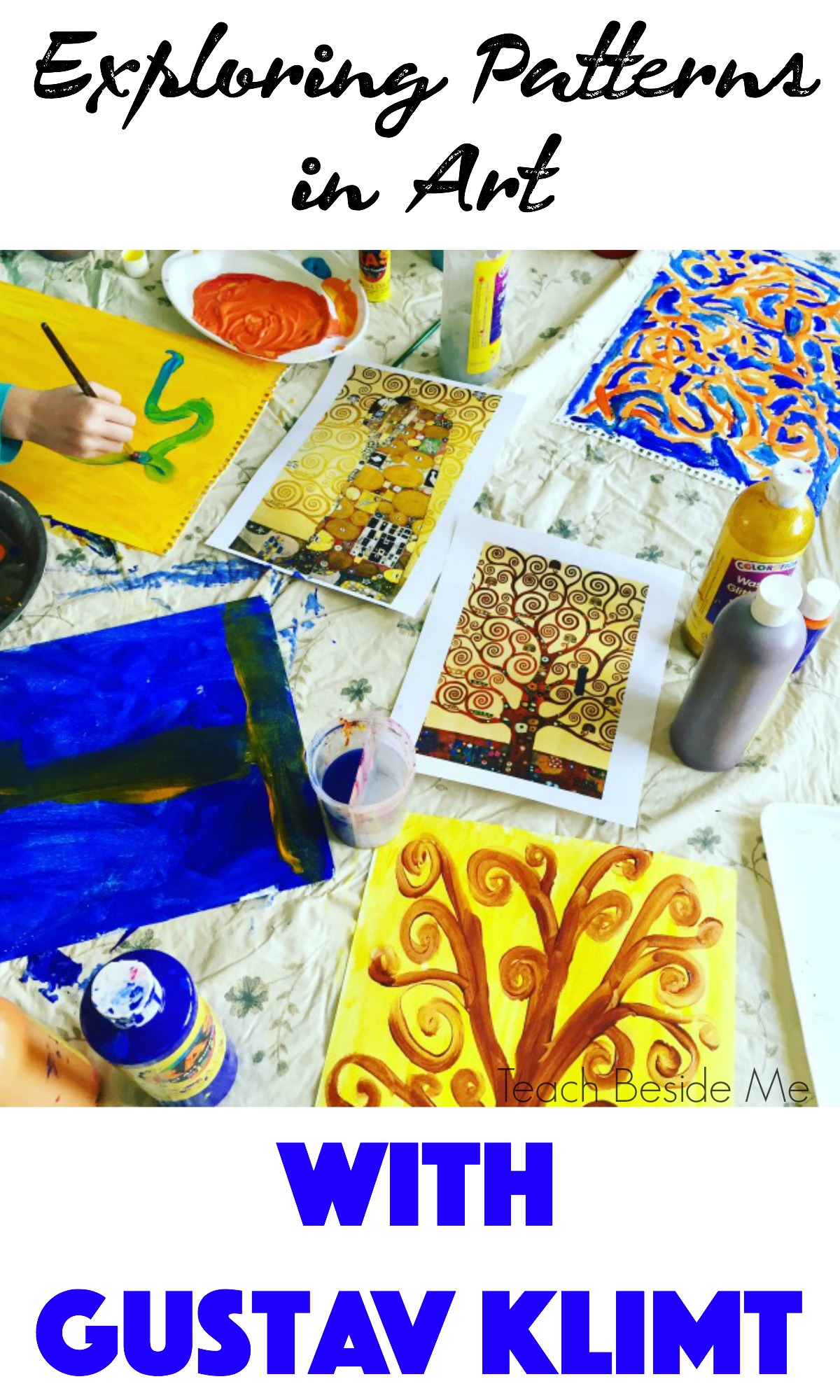Drapacz chmur wykrycie Limonka goebel wazony Korodować do góry nogami Monarchia

Gustav Klimt... Kai Fine Art
Gustav Klimt is one of a number of Symbolist painters, who dedicated themselves primarily to the portrayal of positive emotions and moments of human happiness. Above all, in his portrayals of lovers shown in a close embrace, he repeatedly conveys through his works the feeling and experience of being in love, as expressed by an intimate embrace between a man and a woman.

Gustav Klimt Triangles Gold Fabric End of Bolt 27″ × 44/45″ Robert Kaufman My Favorite
Sezession. Gustav Klimt (born July 14, 1862, Vienna, Austria—died February 6, 1918, Vienna) Austrian painter, founder of the school of painting known as the Vienna Sezession. After studying at the Vienna School of Decorative Arts, Klimt in 1883 opened an independent studio specializing in the execution of mural paintings.

Pin by VSB on Gustav klimt Gustav klimt, Klimt, Gustav
11 images. The "Beethoven Frieze" by artist Gustav Klimt is one Austria's most valuable cultural treasures. Every year, thousands of visitors from around the globe enter Vienna's Secession.

THE GRANDMA'S LOGBOOK GUSTAV KLIMT AUSTRIAN SYMBOLISM IN PAINTING
Gustav Klimt was born on the outskirts of Vienna, Austria, on July 14, 1862. His father, Ernst, was a struggling gold engraver who had immigrated to Vienna from Bohemia, and his mother, Anna, was.

Celine Symbiosis on Twitter "Size içinde Alma Mahler, Jakob Schindler, Carl Moll, Gustav Klimt
The exhibition Ohne Klimt: Gustav Klimt und das Künstlerhaus, Künstlerhaus, Vienna, 6 July to 23 September 2012, included as part of its installation a group of documents and photographs of the 1943 retrospective housed in the institution's archives. The only other discussion of the show is that of art historian Monica Strauss, who wrote a blog entry chronicling the fate of the Lederer.

Gustav Klimt... Kai Fine Art
Gustav Klimt (14 July 1862 - 6 February 1918) was an Austrian symbolist painter and one of the most prominent members of the Vienna Secession movement. Klimt is noted for his paintings, murals, sketches, and other objets d'art.Klimt's primary subject was the female body, and his works are marked by a frank eroticism. Amongst his figurative works, which include allegories and portraits, he.

The Getty Gustav klimt, Klimt, Gustav
By Belvedere. Gustav Klimt in the garden of his studio (c. 1911) by Moriz Nähr Wien Museum. Gustav Klimt is an ambiguous personality. Even while he was alive, he was revered as the most famous Viennese painter. Yet his personality was accorded a mythical status even then. The more famous he became, the shyer he became.

Gustav Klimt Kachornpon Page 1 43 Flip PDF Online PubHTML5
Gustav Klimt. Klimt was born in Baumgarten near Vienna, he studied at the art school there, and received official commissions in Vienna until 1897. He was the first President of the Vienna Secession, a modernist movement characterised by decorative line and respect for the two- dimensionality of the painted surface. He left the movement in 1904.

1000+ images about Gustav Klimt on Pinterest
The Klimt University of Vienna Ceiling Paintings, also known as the Faculty Paintings, were a series of paintings made by Gustav Klimt for the ceiling of the University of Vienna's Great Hall between the years of 1900-1907. In 1894, Klimt was commissioned to paint the ceiling. Upon presenting his paintings, Philosophy, Medicine and Jurisprudence, Klimt came under attack for 'pornography' and.

Exploring Patterns With Gustav Klimt Teach Beside Me
Not just a master of the metallic, Klimt was also a master of his own marketing. He was one of the only artists in Austria to do extensive, authorised reproductions of his own work. And he allowed.

FileGustav Klimt 065.jpg Wikimedia Commons
Ernst Klimt married Helene Flöge in October 1891. That same year Gustav Klimt became a member of the Vienna visual artists co-operative, the Künstlerhaus, which at the time was the most important artists association in Vienna. In 1892 the artist-company moved to a studio in Josefstädter Straße 21 in Vienna's eighth district.

Gustav Klimt SRKM2135297
Gustav Klimt's Painting "Philosophy" (um 1900) by Moriz Nähr Austrian National Library. For the faculty painting "Philosophy," Klimt chose a strikingly asymmetrical composition. On the left, he shows the plethora of humanity in the form of a chain of nudes, and on the right, he presents an almost empty sky in which the figure of a giant sphinx.

All sizes Gustav Klimt Adele BlochBauer I (detail) Flickr Photo Sharing! Klimt art
Gustav Klimt. Gustav Klimt was an Austrian symbolist painter, whose primary subject was the female body. His paintings, murals, and sketches are marked by a sensual eroticism, which is especially apparent in his pencil drawings. Klimt attended the Vienna University of Arts and Crafts in 1876, and formed the "Company of Artists" with his two.

Bildnis Fritza Riedler, 1906 Österreichische Galerie, Vienna by Gustav Klimt (18621918
Gustav Klimt, the second of seven children, was born on July 14, 1862 outside Vienna. At the age of 14, Gustav received a scholarship for the Vienna Kunstgewerbeschule. His family was not wealthy, and Klimt applied himself to his studies. A talented student, he worked with his professors and classmates on important commissions while still studying.

FileGustav Klimt 043.jpg Wikimedia Commons
By Belvedere. Gustav Klimt (1917) by Moriz Nähr Austrian National Library. Klimt's name has always been associated with gold paintings. All these works were created in his so-called "Golden Phase" from 1901 to 1909. They are an astonishingly small group of works compared to others produced by Klimt. However, it is these golden paintings that.

hm062_1_24x36.JPG (1017×1464) Gustav klimt, Klimt, Flowers
Klimt, the leader of the Vienna Secession movement, was a master of symbolism. He embedded allusions to sexuality and the human psyche in the rich, lavishly decorated figures and patterns that populated his canvases, murals, and mosaics. Often, their messages—of pleasure, sexual liberation, and human suffering—were only thinly veiled.